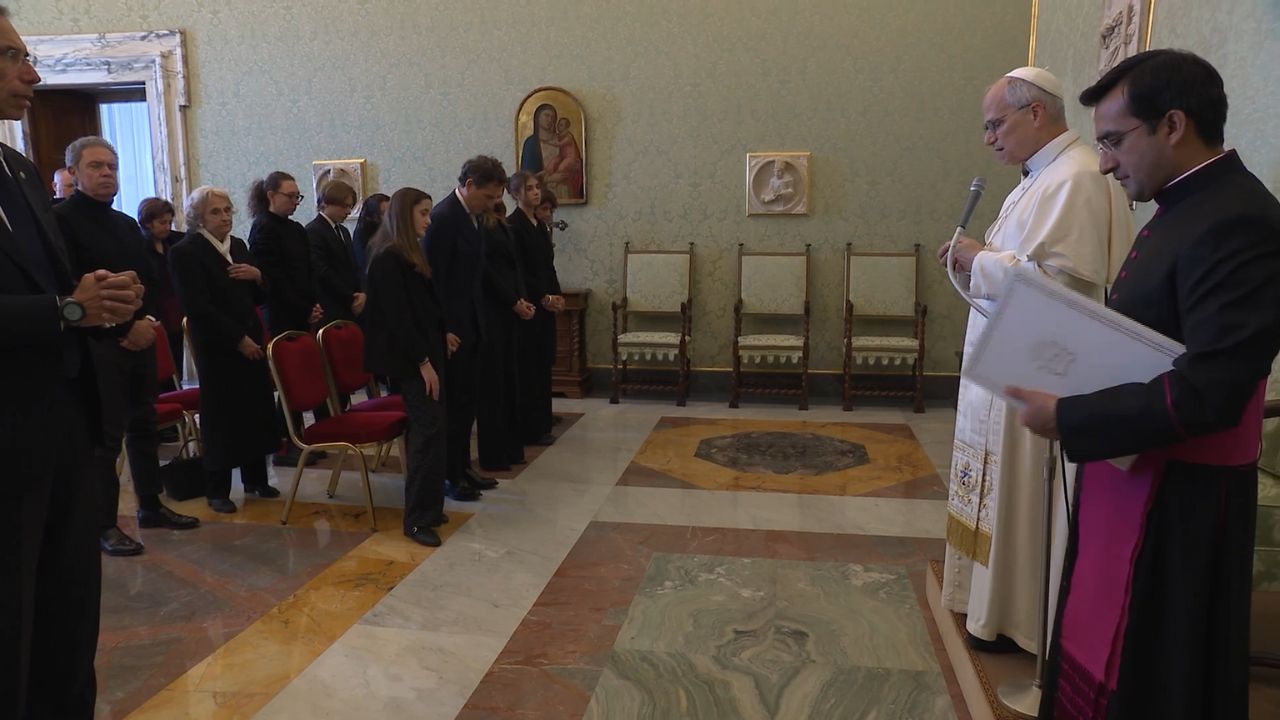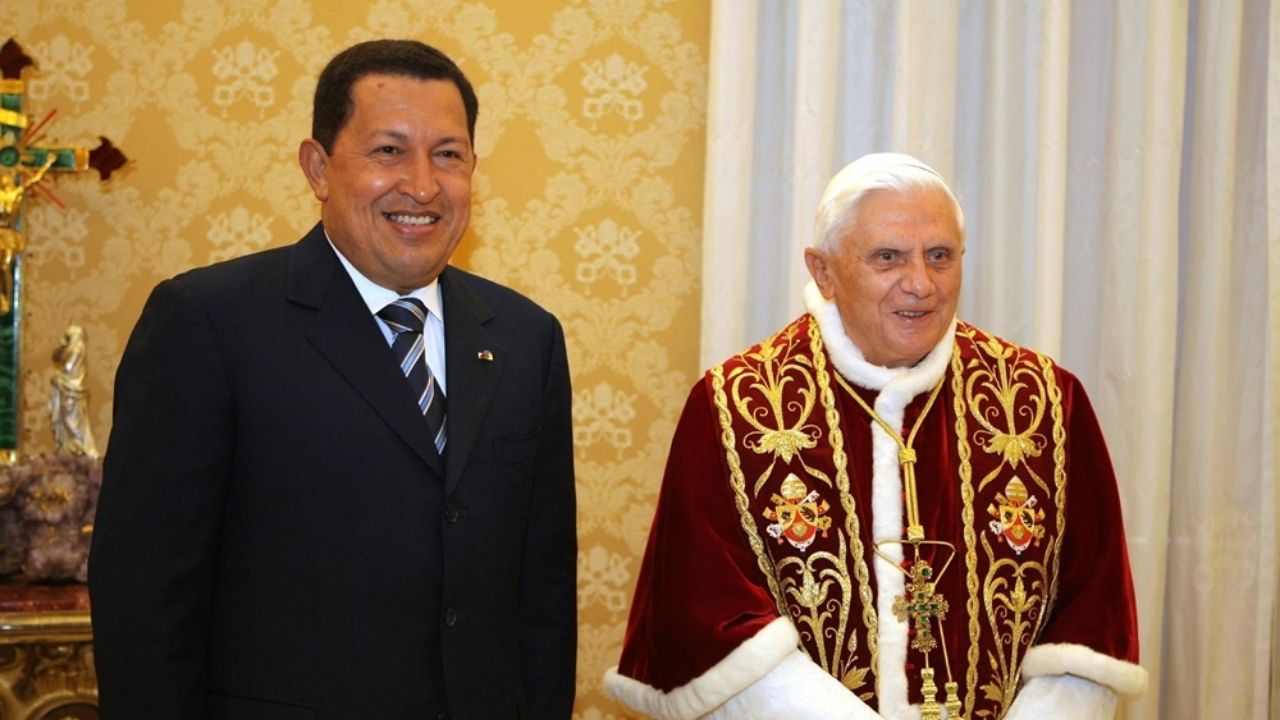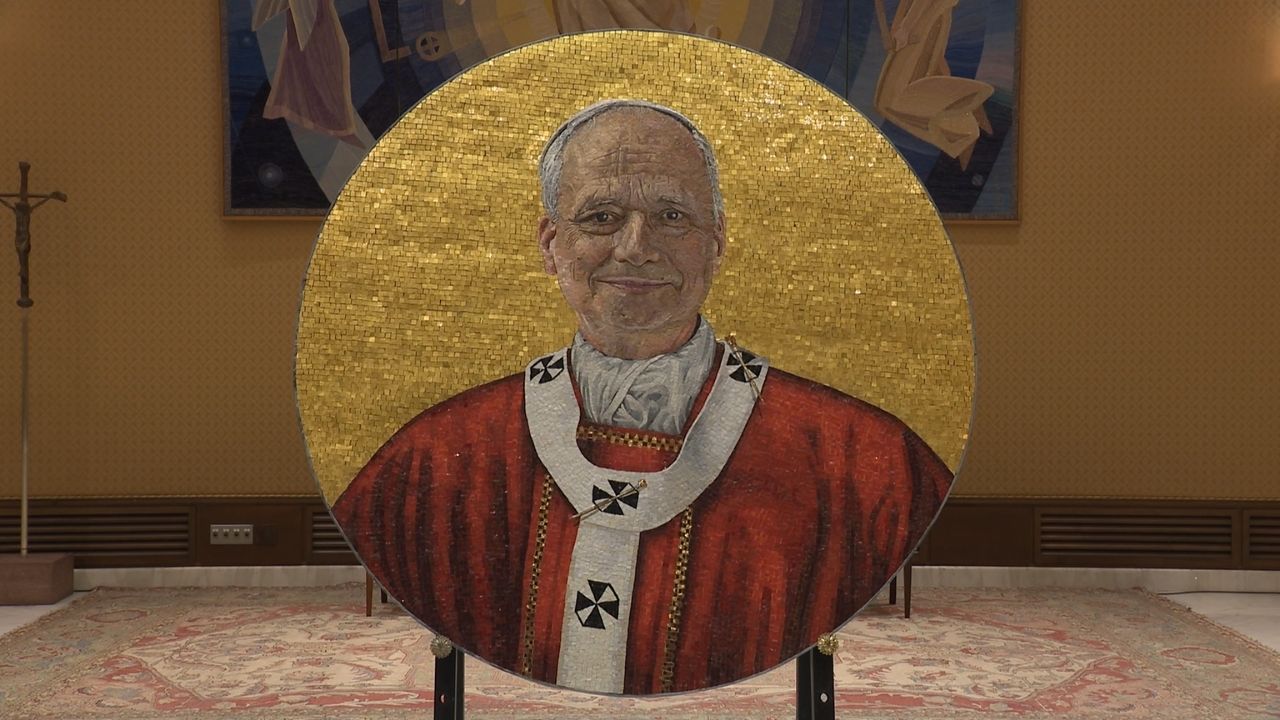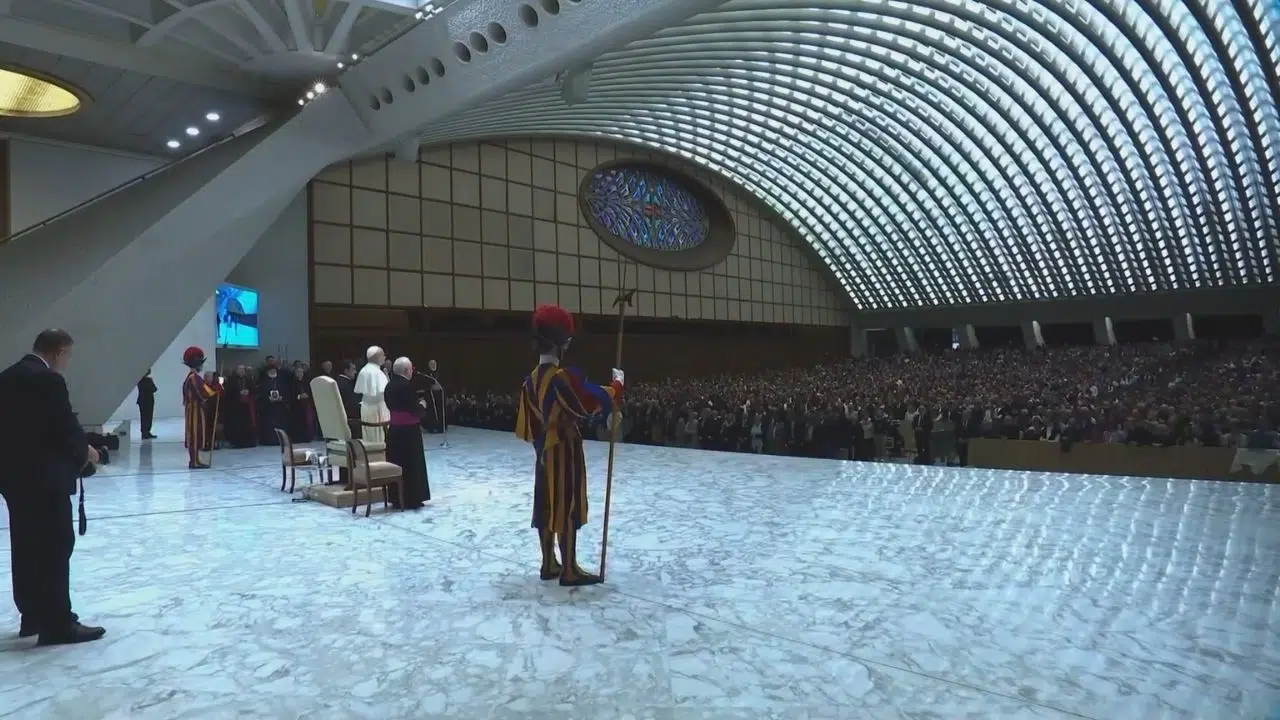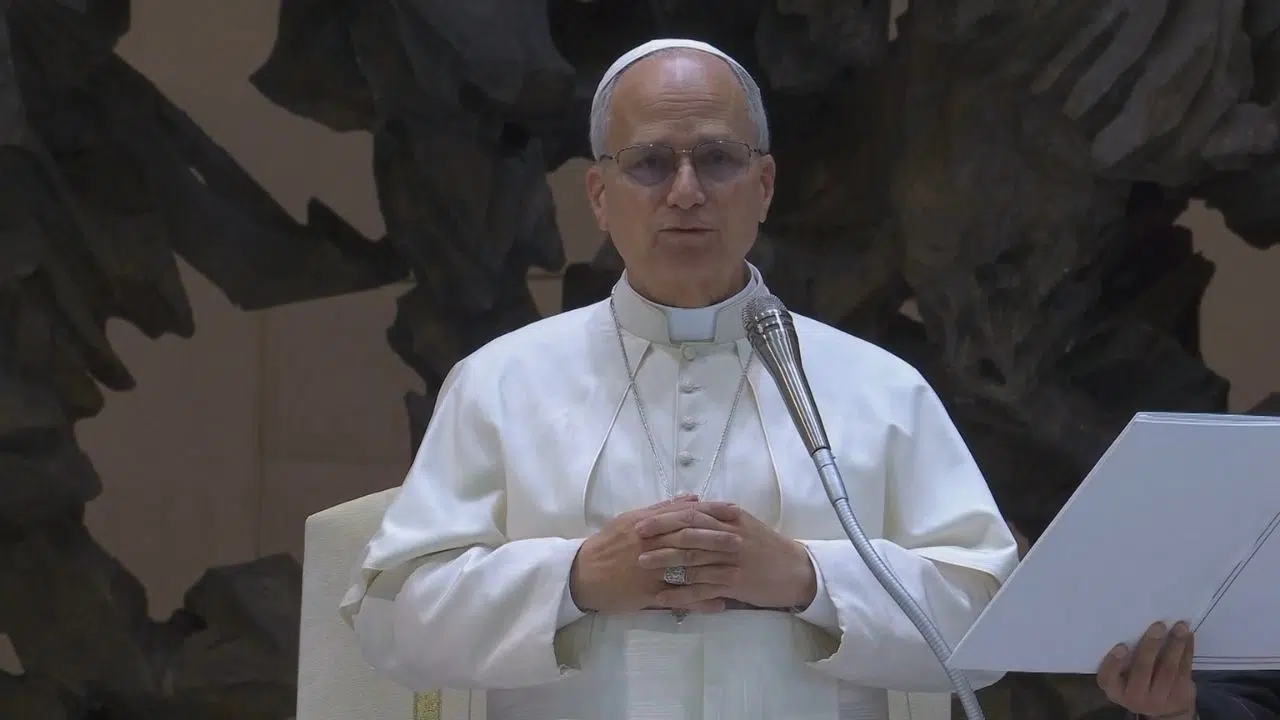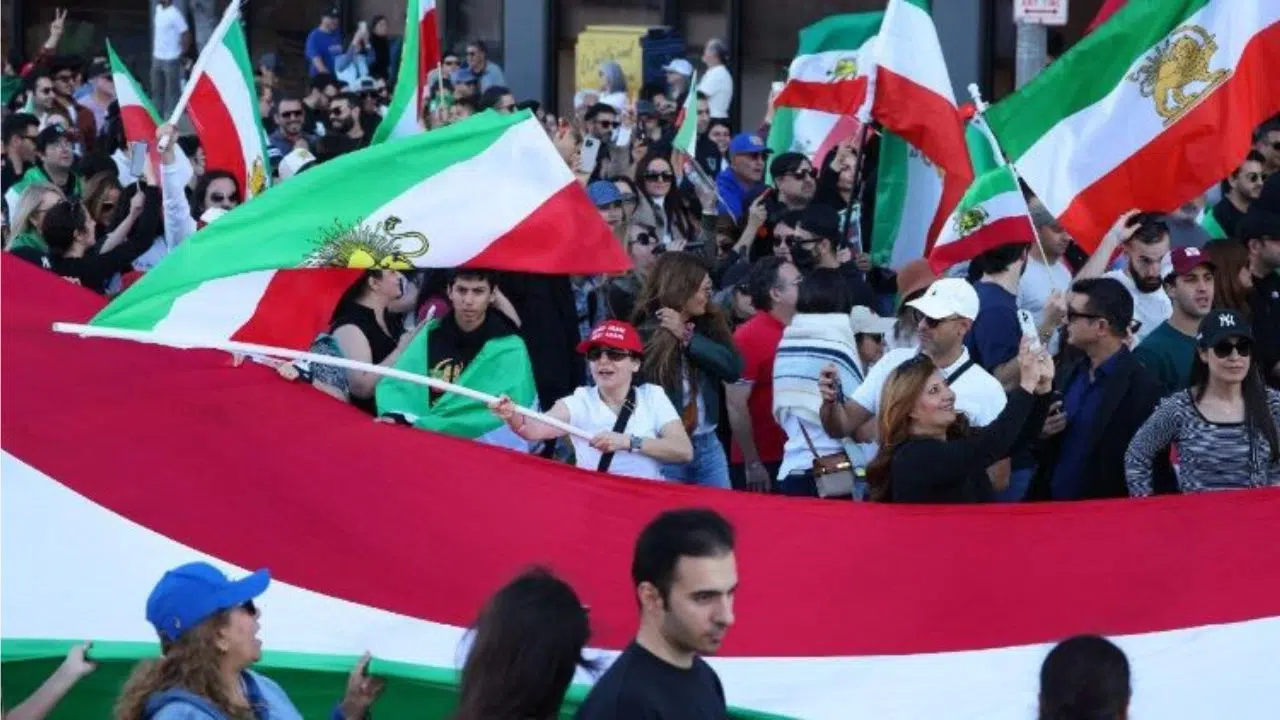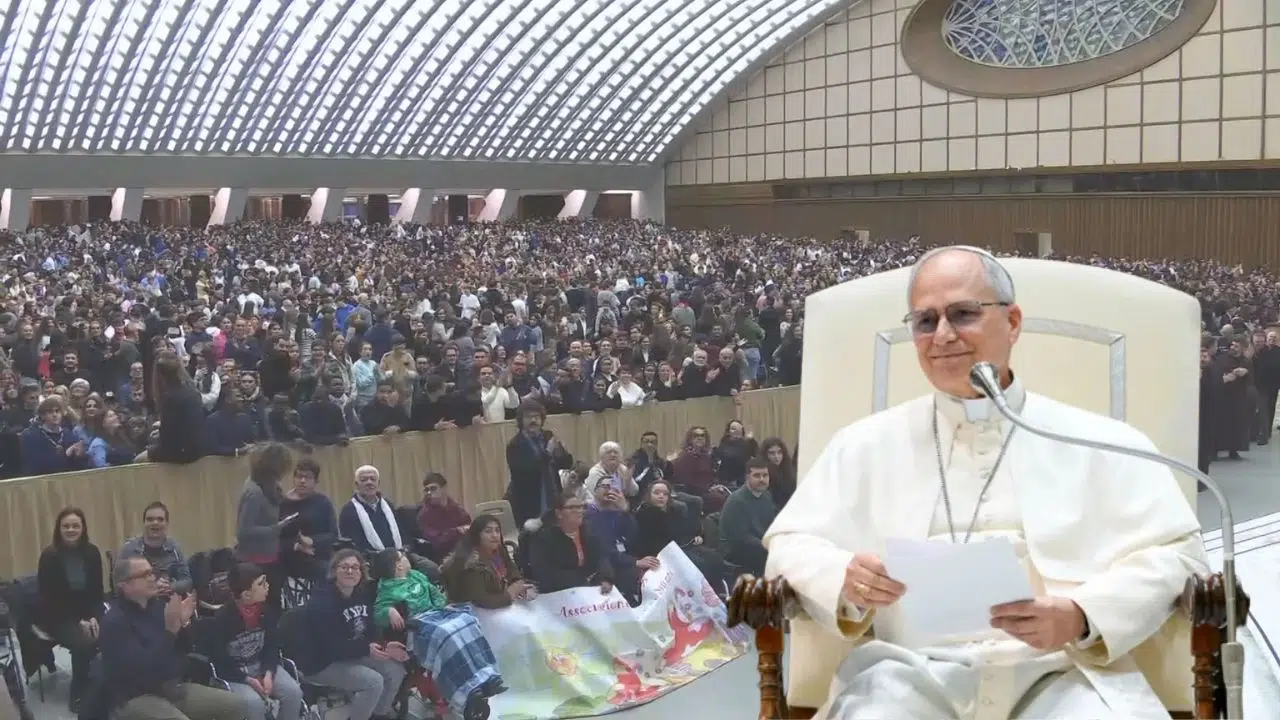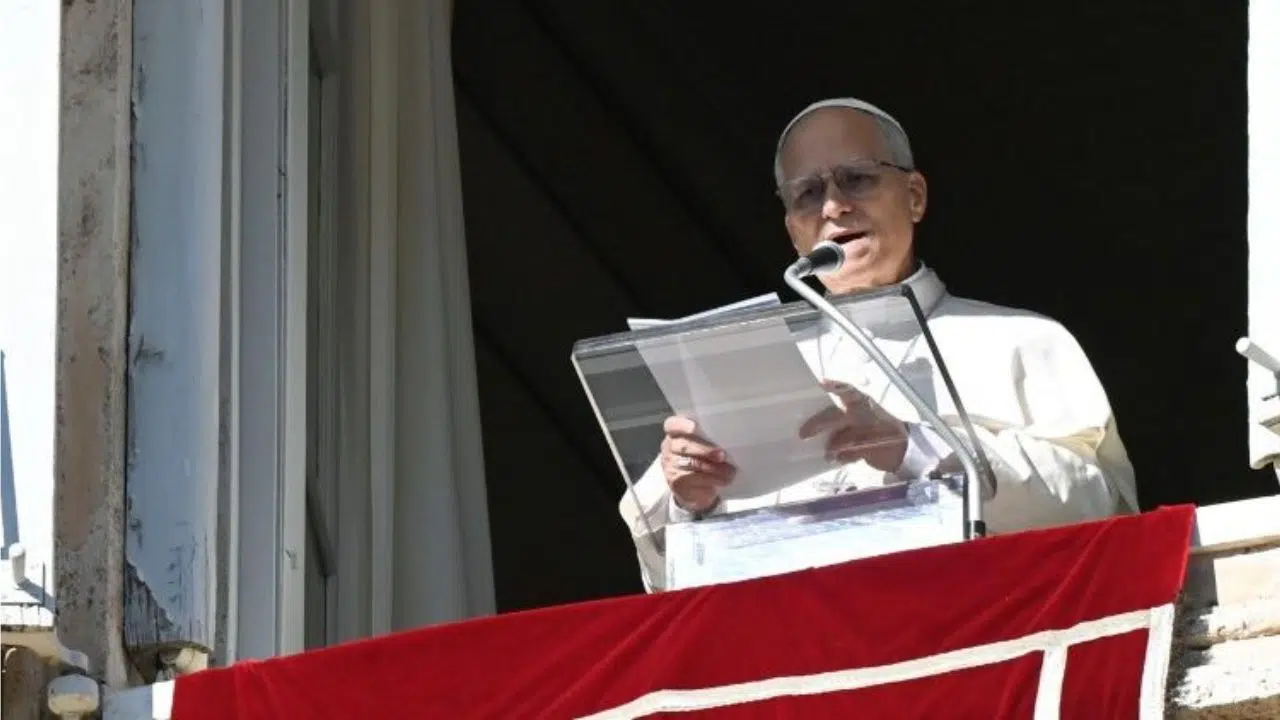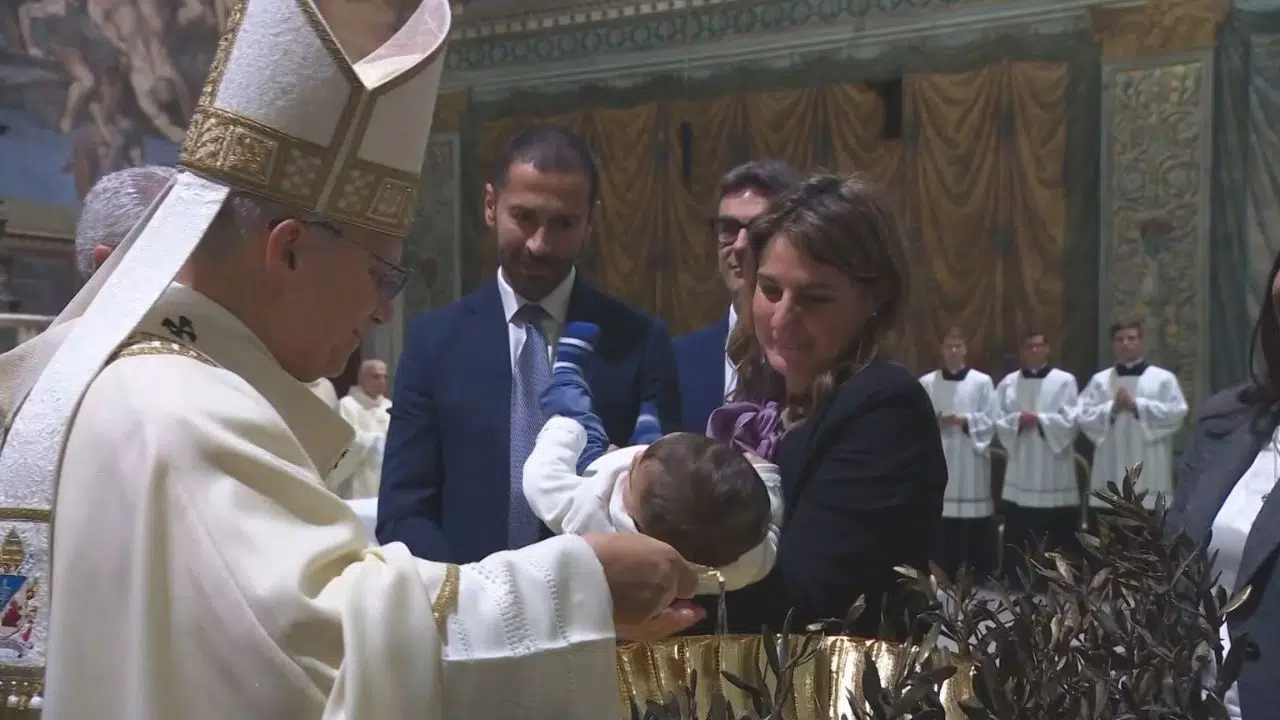Hello. I’m Seán-Patrick Lovett. I’d like to open this Vatican Confidential with a quote. See if you
can guess who said this:
“A small number of very rich men have laid upon the laboring poor a yoke little better than that of
slavery itself”, creating “…a gulf between vast wealth and sheer poverty.”
You’re right. It was Pope Leo. Just not this Pope Leo. It was his namesake, Leo XIII. He was
writing at the end of the 19th
century, warning against the negative effects of the Industrial
Revolution, defending workers’ rights, and essentially formulating what we call Catholic social
doctrine.
It was this approach towards the machine-driven tech revolution of the 1800’s that inspired his
successor to take the name, Leo XIV. Almost immediately after his election, Pope Leo described
our present time as a “new industrial revolution”, spearheaded by the uncontrolled rise and
unrivalled expansion of Artificial Intelligence.
“Debugging” Artificial Intelligence – in the sense of finding and fixing the errors inherent in
unchecked AI – is clearly one of the defining missions of his pontificate.
In his very first address to the cardinals who elected him, Pope Leo warned of the dangers AI
poses to “human dignity, justice and labor”. When he spoke to journalists two days later, he
stressed that AI must be used “for the good of all”. And at a recent conference on the topic here
in Rome, he acknowledged the contribution of AI to research in healthcare and scientific
discovery, but said it raises “troubling questions” regarding “humanity’s openness to truth and
beauty” and our “ability to grasp and process reality”.
While university professors struggle to cope with AI-generated student essays, and deep-fake
videos flood the internet, a growing number of stories about people falling in love with (and even
wanting to marry) their Chatbots, raise “troubling questions” indeed.
And it’s not just about ethics either. Artificial Intelligence risks creating a new digital divide,
splitting the world into those with computing power capacity and those without. “A small number
of very rich men” currently controls almost two-thirds of the world’s AI computing hubs, data
centers that cost literally billions of dollars to build and maintain. Like the first industrial
revolution, a handful of super-powerful companies rake in the profits at the expense of those
who risk losing their jobs to AI-driven technology.
Confidentially-speaking, that’s why it’s so interesting (and so important) to follow what is fast
becoming a Leonine magisterium on how to approach AI with caution and care.
I opened with a quote and I’d like to close with one too. This one synthesizes a superbly
common-sense approach to AI (and happens to be one of my personal favorites)… Who said:
“Data must not be confused with intelligence”?
Pope Leo, of course. The XIV.
